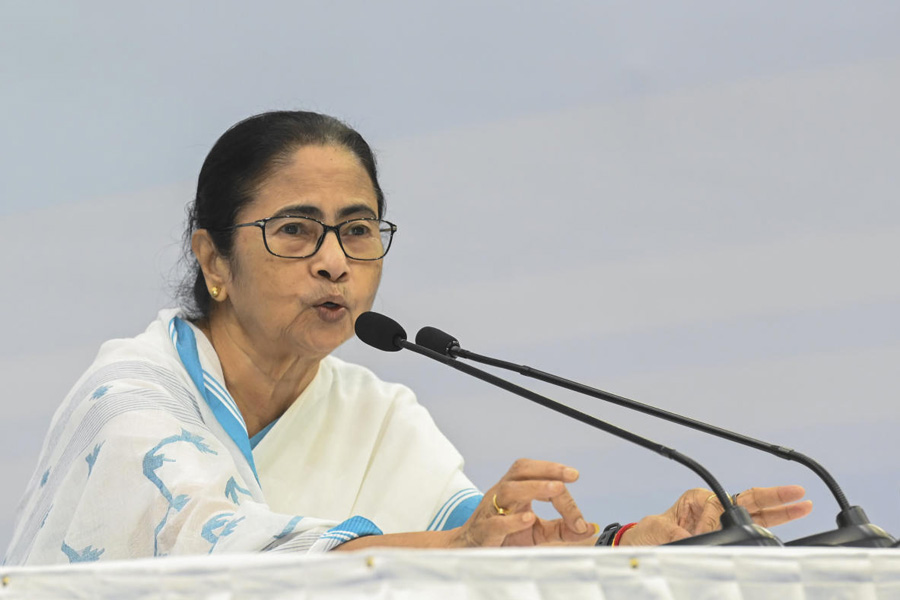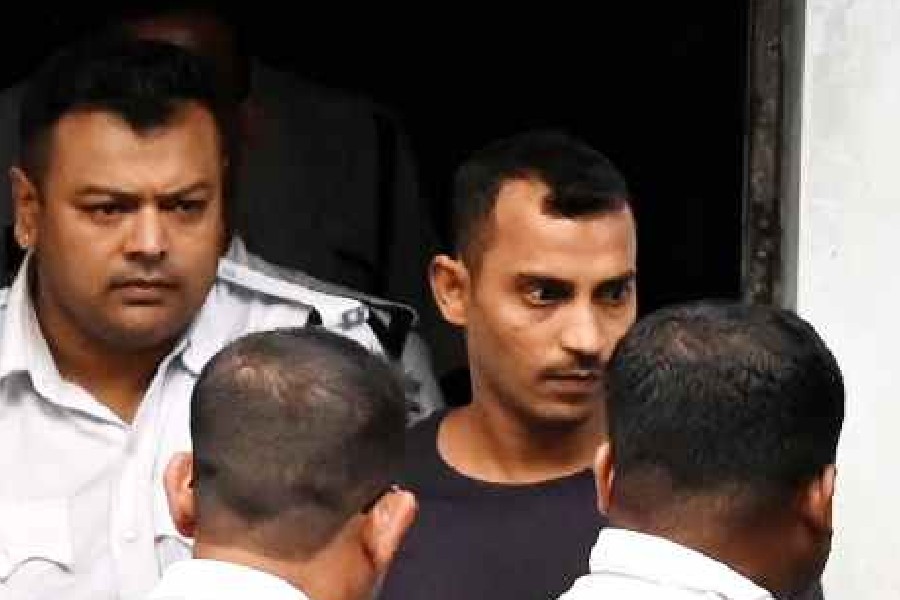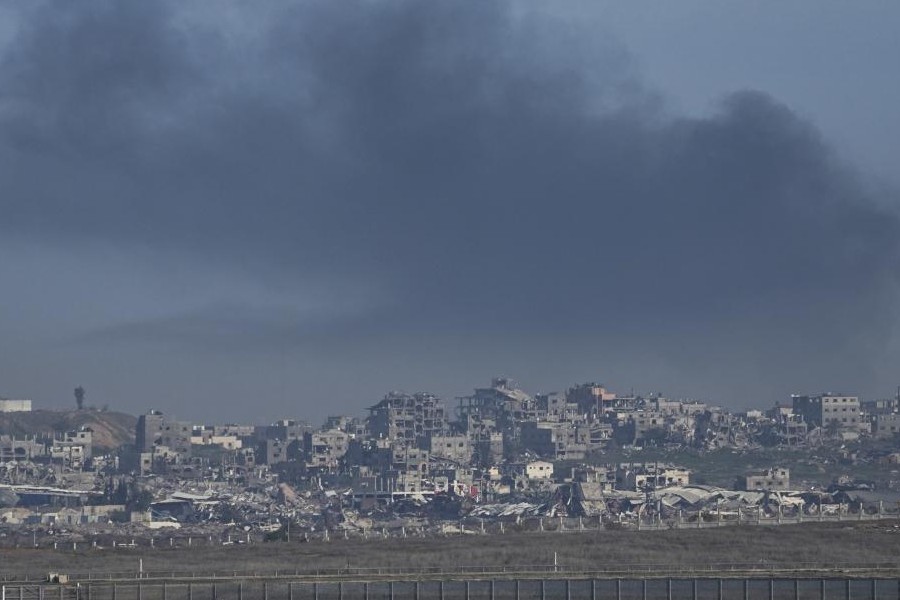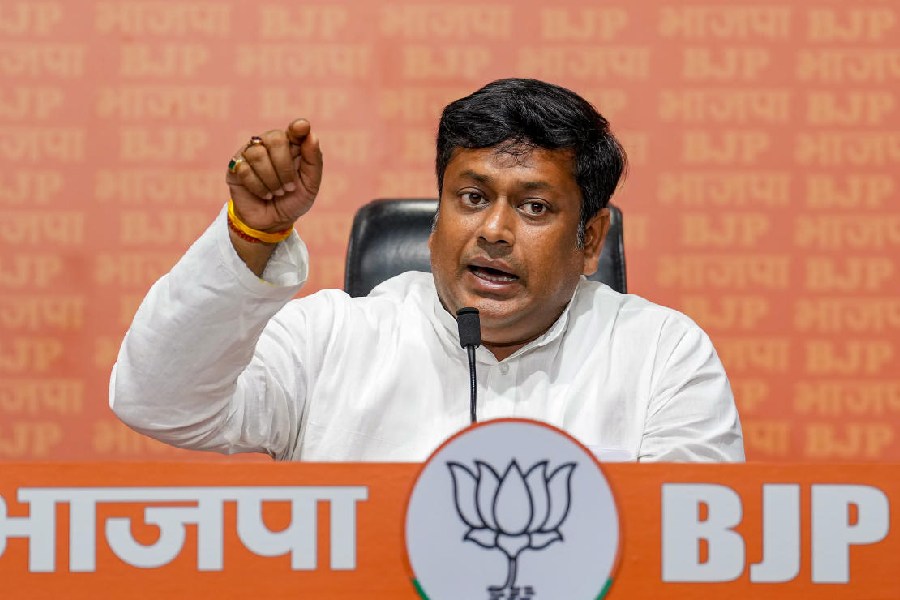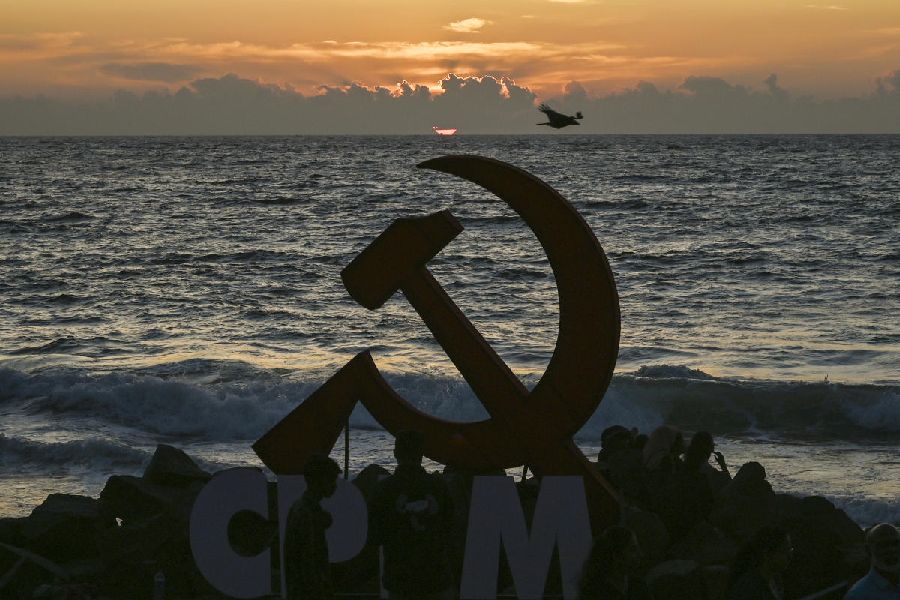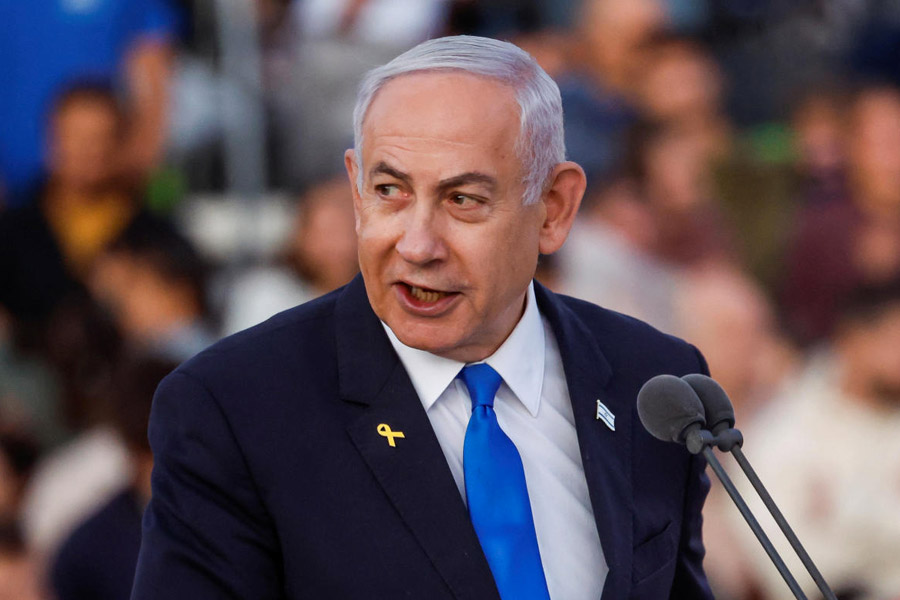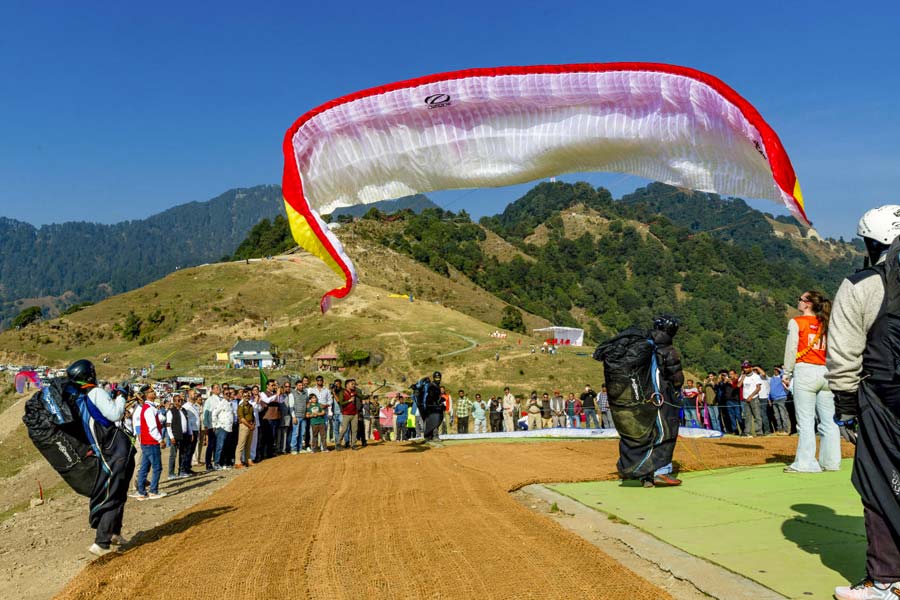Mamata Banerjee on Thursday lashed out at the Union cabinet’s approval of the contentious One Nation, One Election bill, accusing the BJP-led Centre of neglecting concerns flagged by the Opposition and constitutional experts.
The Bengal chief minister labelled the bill an “authoritarian” attempt to undermine Indian democracy’s federal structure and vowed that Trinamool Congress MPs would fiercely oppose it in Parliament.
The Trinamool chairperson issued a statement hours after the Narendra Modi cabinet approved the legislation, paving the path for it to be sent to Parliament in the ongoing winter session.
“The Union Cabinet has bulldozed their way through with the unconstitutional and anti-federal One Nation, One Election Bill, ignoring every legitimate concern raised by experts and opposition leaders,” Mamata wrote on X.
“This is not a carefully-considered reform; it’s an authoritarian imposition designed to undermine India’s democracy and federal structure,” she added.
Mamata has frequently criticised the proposal in public, sometimes accusing the BJP-led Centre and the saffron ecosystem of an elaborate, long-game conspiracy to bring in a presidential form of government and destroy the nation’s federal structure.
Her party currently has 28 members in the Lok Sabha (one seat lies vacant following the Trinamool Basirhat MP’s demise) and 12 in the Rajya Sabha (excluding one vacancy to be filled by Trinamool later this month). In the national Opposition, the TMC is the third-largest in the Lower House, and the second-largest in the Upper House.
“Our MPs will oppose this draconian legislation tooth and nail in Parliament. Bengal will NEVER bow to Delhi’s dictatorial whims,” she added on X.
“This fight is about saving India’s democracy from the clutches of autocracy!”
she wrote.
Trinamool sources have said Mamata believes that non-simultaneous Lok Sabha and Assembly elections are a foundational feature in the Westminster system and part of the basic structure of India’s constitutional arrangements, which should be left unaltered.
The TMC highlighted a January letter from Mamata to the Ram Nath Kovind-chaired high-level committee, in which she had dismissed it as not practically possible, acceptable, nor correct. The committee was constituted to study the “one nation, one election” concept.
Since then, on multiple occasions, she expressed suspicion of subversion of constitutional arrangements for a backdoor entry for a presidential form of government.
“With profound considerations, the Constituent Assembly of India had presented us with a parliamentary/cabinet system of government, keeping in view the diversities and pluralities of our great country. But now your design seems to be to tilt the system in favour of presidentialisation,” Mamata had written in the letter.
“The design is kept covert, seemingly because autocracy wants a democratic grab now to enter the national public arena. I am against autocracy, and hence I am against your design,” she had added.
In the letter, the chief minister had said she had basic conceptual difficulties in agreeing with the concept.
“How would you like to make the parliamentary elections and the state legislature elections coeval? In 1952, the first general elections were simultaneously conducted for the Central level as well as for the state levels. There was such simultaneity for some years. But the coevality has since been ruptured,” she had written.
Mamata had also pointed out that states that are not expecting Assembly elections should not be forced to go for premature elections for the sake of introduction of coevality only, as it would be a basic violation of the electoral trust of the people. She also wrote that the imposition of ad hoc administrative arrangements in various states in the name of the introduction of coevality would also be undemocratic.
According to several seniors in the TMC, Mamata believes One Nation, One Election would unduly favour the ruling party at the Centre and result in a drastic relegation of state-specific or regional issues to the sidelines, ensuring a near or total replication of Lok Sabha election results in the Assembly elections.
They took the Bengal examples of the general election of 2019, in which the BJP bagged an unprecedented 18 of the state’s 42 seats, and the Assembly election of 2021, in which the BJP was crushed so decisively that it is yet to be able to achieve a
turnaround here.
“Had they taken place simultaneously in 2019, Trinamool could well have been ousted from power in Bengal,” said a Trinamool MP.
“But that would have only been on account of them taking place together, not much else. How would that have been fair?” he asked.

